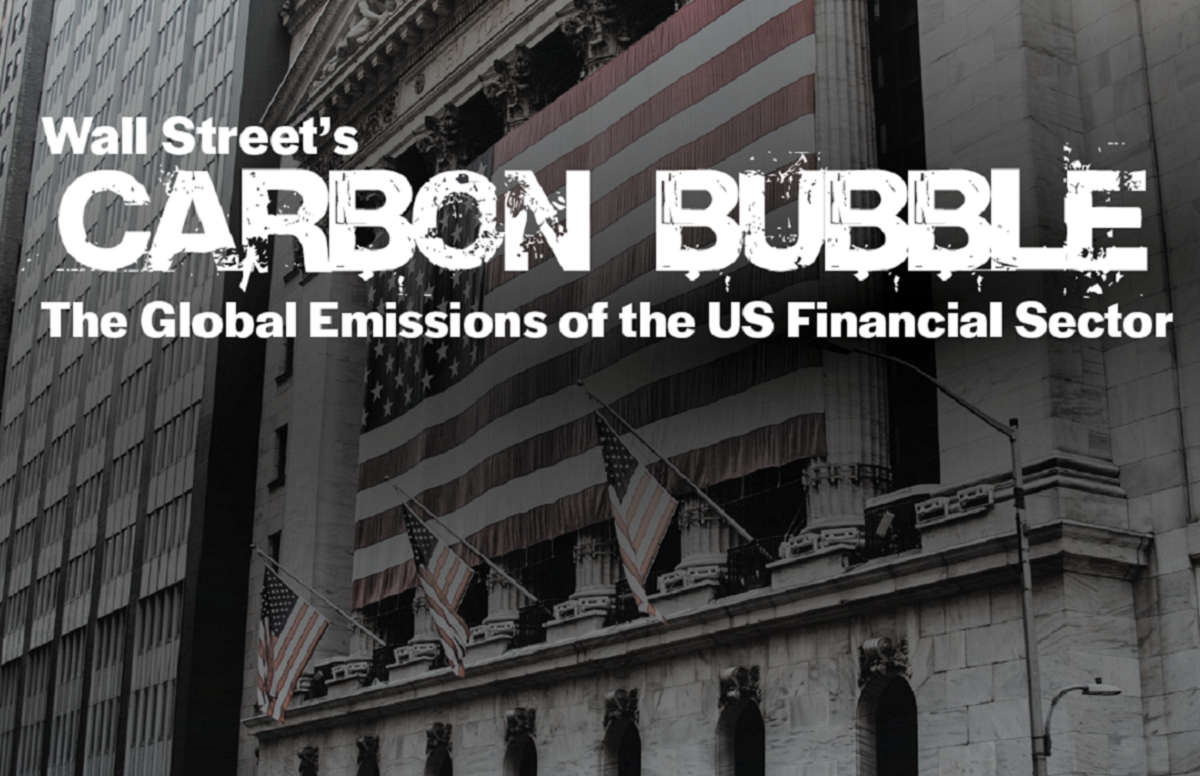Big banks love to brag about their vague net-zero pledges and commitment to sustainability. They’re hoping to convince people like you and me—along with financial regulators—that they don’t need any oversight: They’re moving toward a greener future on their own.
But a new report from the Sierra Club and the Center for American Progress shows that big banks and asset managers are far from the eager participants in a green economy they make themselves out to be. In fact, if the financial firms we studied were a country, they would be the fifth largest emitter in the world—just behind Russia, and more than Indonesia, Brazil, and Japan.
Due to methodology constraints and gaps in publicly available data, this is likely a significant underestimate of the actual financed emissions of these firms. The research also only includes a portion of all US banks and asset managers, so a sector-wide total for emissions would be even higher.
Ultimately, the US financial sector should be considered a high-carbon sector and treated as such by regulators. President Biden has set ambitious targets for emission reductions in the US, but so far his administration has fallen short using its powers to address the role of corporations in driving climate change. The report recommends numerous immediate and specific steps federal financial regulators can take to account for the imminent systemic threat of climate change.
The report found that US financial companies aren’t just fueling the climate crisis – they’re also setting up the next economic crash. Wall Street banks and asset managers are still pumping billions into oil, coal and gas, even though the smart money is on clean energy and slashing emissions. They actually increased their fossil fuel funding between 2020 and 2016, when the Paris Agreement was signed.
According to insurance provider Swiss Re, climate change could reduce global GDP by 11 percent to 14 percent by 2050 as compared with a world without climate change. That amounts to a $23 trillion loss, causing damage that would far surpass the scale of the 2008 financial crisis. And just like in the 2008 crash, the people who will be most affected by the economic effects of climate change are the people who did the least to cause it: communities of color and low-income communities in the US and other industrialized countries, as well as residents of developing nations.
“If left unaddressed,” Andres Vinelli, vice president of economic policy at the Center for American Progress, wrote in the report, “climate change could lead to a financial crisis larger than any in living memory.”
Read the full, first-of-its-kind analysis of the scale of Wall Street’s climate emissions, and a summary of what the Biden administration can do to safeguard our economy against these bad investments before it's too late. And join us in urging them to take action to ensure the climate crisis doesn't push us into another Great Recession thanks to Wall Street's risky bets.
